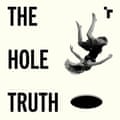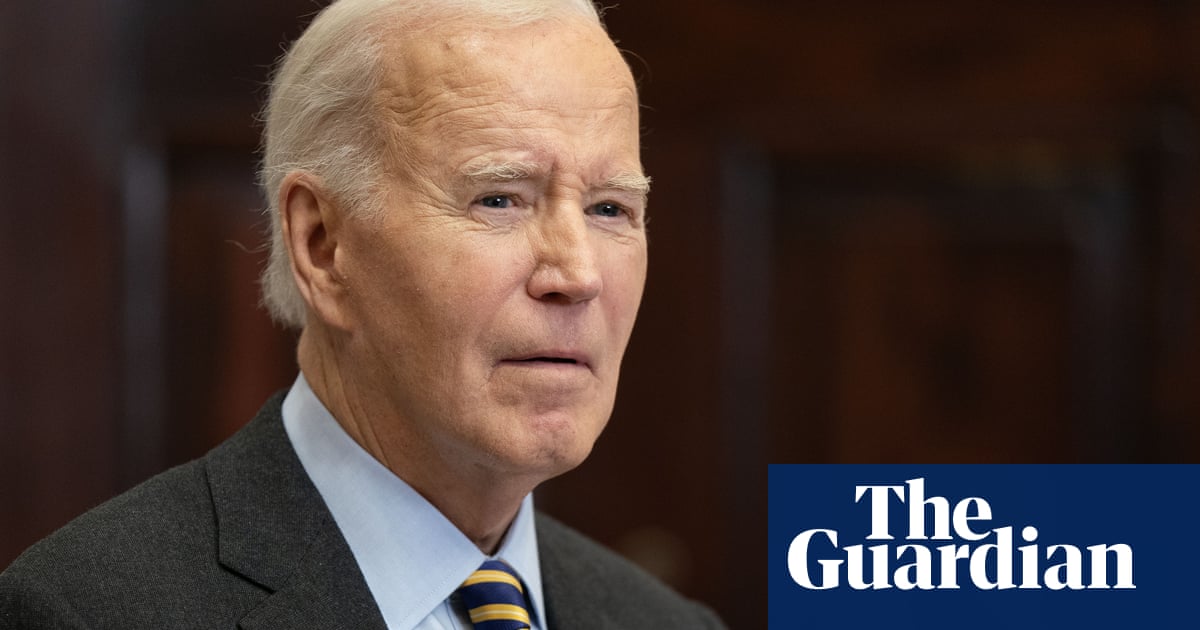Human Intelligence Radio 4/ BBC Sounds
Sergei & the Westminster Spy Ring Project Citizen/the Citizens
UnReality (Talia Augustidis/Transmission Roundhouse)
The Hole Truth (Transmission Roundhouse)

On Radio 4, clever Naomi Alderman is discussing clever people. The author of The Power has a new series, Human Intelligence, made in association with the Open University; 50 15-minute episodes, each one about a different brainiac. It’s called Human Intelligence to contrast with the artificial kind, but also because great human minds, as Alderman says, don’t think alike. Last week she gave us her first five, whom she calls disruptors: Socrates (who thought about thinking), George Washington (who introduced the two-term US presidency), Martin Luther (Protestantism), Malcolm X (black civil rights and a huge personal capacity for learning) and Mary Wollstonecraft (equal rights for women).
Alderman’s script is packed with information without being too dense, and her full-of-smiles delivery ensures our engagement. Gratifyingly, she lets us know where her loyalties lie: she points out Washington’s ownership of enslaved people, and is delighted by Malcolm X’s ability to “say the things that others tried to smooth over”. The episode about Wollstonecraft has Alderman revelling in our heroine’s immense courage and despairing of her first love. “Perhaps the worst man in Europe at the time,” she exclaims, listing his lies, and: “Ugh! He was repulsive.” Later on, she tells us about Wollstonecraft’s death, at just 38. “God, how much more she had to do,” says Alderman, and I found myself blinking back tears. The series rattles along – far more stimulating than Neil MacGregor’s A History of the World in 100 Objects, but poised to become just as seminal.

The indomitable Carole Cadwalladr of this parish and the equally dogged Peter Jukes of Byline Times have joined forces to make the new podcast Sergei & the Westminster Spy Ring, an investigative series that tells a modern tale of Russian influence in and on the UK. The blurb informs us that “not since the reach of the Cambridge spy ring… has the Kremlin been so successful in penetrating the highest echelons of British intelligence”. Yep, we’re talking spies. But this is no all-action Bond tale; instead, it concerns Russia’s gradual infiltration of the UK’s political hierarchy.
The story is built around Sergei Cristo, a Russian-born British citizen who came to the UK in the 90s and worked as a fundraiser/activist for the Conservative party. About 15 years ago, Cristo met diplomat Sergey Nalobin, whose father had been in the KGB. Nalobin seemed keen to find out if any politicians might be interested in forming a Conservatives for Russia group. Suspicious, Cristo gave him nothing but watched as Nalobin gradually parlayed his way into making Tory friends and influencing people.
By episode two, Cristo is seriously worried but can’t seem to get either the Metropolitan police or MI5 interested. The Conservative Friends of Russia group is launched with a big party and bad jokes about Pussy Riot. But it’s in the third episode, released last Tuesday, that things properly get going. It’s 2012, and political bloggers and strategists, as well as politicians themselves, are busily wooed by Nalobin and friends. Russia wants to know how to use the internet for election campaigning. “They basically opened up all their learnings to Russia,” says one person who was there. This is soft power with hard consequences (episode 4 will cover Brexit), and Sergei & the Westminster Spy Ring, though a little slow at times, does a great job of unpicking sexy Russian obfuscation and Tory and MI5 slackness to reveal what’s actually been in plain sight for years. Recommended.
At 3pm last Tuesday on Radio 4, the last ever Short Cuts was broadcast. Host Josie Long assured us that “we’ve really loved tending to this little radio garden” as a sad jazz trumpet played: a wistful finale to a 13-year short doc series that helped grow the talents of innumerable audio creators. As I and countless others have argued, it’s a huge loss. New talent needs nurturing, or the future of audio will be a stream of two-bro chatshows, a never-ending mansplain. So it’s heartening that such endeavours as Transmission Roundhouse are thriving. Based at the Camden Roundhouse music venue in north London, this socially engaged podcast platform gives creative young audio talent a place to make their work. If you go to its Instagram account, @transmission_rh, you’ll find much to enjoy and explore.

You could try UnReality, a short series of personal documentaries about truth and lies, fact and fiction, made by Talia Augustidis. The first season, which featured Augustidis trying to interview her sleep-talking boyfriend, among other small gems, was selected for the 2022 Tribeca festival, and I’ve heard three episodes of series two (it starts on 15 January). These cover Augustidis and her colleagues using tarot cards to understand their sudden redundancies; the time a young Augustidis bought what we might call “an alternative version” of Wuthering Heights; and – my favourite – a show where she talks to her father about the jokes she’s made about him in her short standup set.

Also on Transmission Roundhouse, first-time producer Marnie Duke has a short series, The Hole Truth, about the 6 January insurrection at the US Capitol: an ambitious project for an established reporter, let alone a newbie. Duke has her own intelligent approach to this tangled world of contemporary conspiracy theories. In the first episode she wonders if sending the rioters to prison rehabilitated or radicalised them. In the second, she looks at alleged US election fraud via an interview with “constitutional sheriff” Mack, a locally elected law enforcer who believes that he and his “posse” must protect people but, crucially, not obey federal law. Both episodes are excellent. Short Cuts might be no more, but young talent will always elbow its way up and out.

 German (DE)
German (DE)  English (US)
English (US)  Spanish (ES)
Spanish (ES)  French (FR)
French (FR)  Hindi (IN)
Hindi (IN)  Italian (IT)
Italian (IT)  Russian (RU)
Russian (RU)  5 hours ago
5 hours ago
























Comments